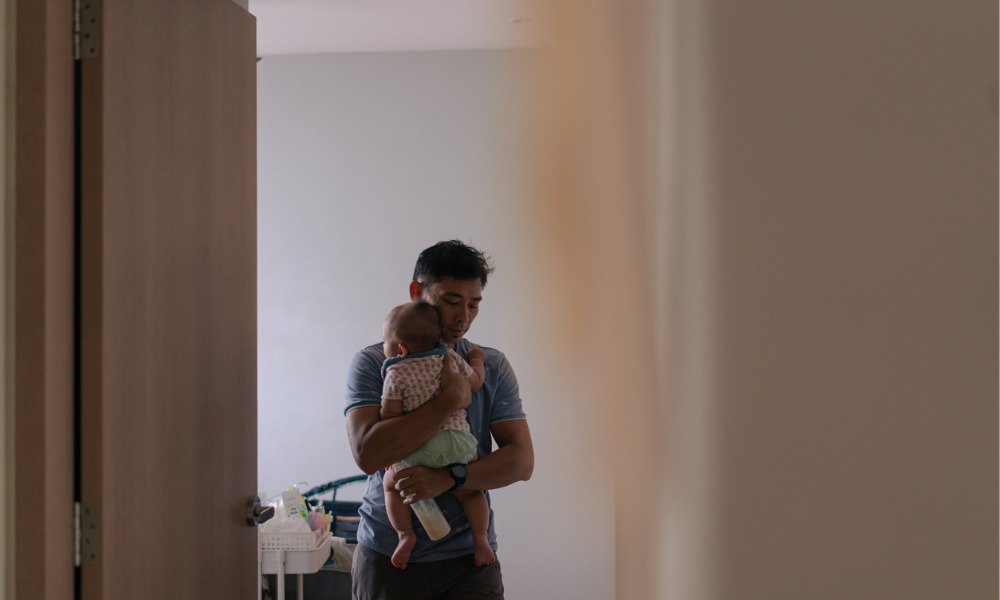
Child has right to know who parents are: Saskatchewan Court of Appeal

In a recent case where the parents could not agree on when the child was conceived, the Saskatchewan Court of Appeal ordered blood or genetic testing.
Under Saskatchewan’s Children’s Law Act, 2020 (CLA), there is a presumption that a man is the father of a child if he was cohabiting with the mother at the time of the child’s birth. This presumption was challenged in T.S. v J.L.W., 2022 SKCA 35. The appellant and the respondent lived together for a period of time and a child was born after the couple had separated. The respondent sought a declaration that he was the child’s biological father, as well as an order for joint custody and parenting time with the child. The Saskatchewan Queen’s Bench Chambers ruled that the presumption of paternity was not applicable, so it issued an order requiring blood or genetic testing of the child.
The appellant and the respondent both appealed the chambers decision. The respondent asserted that the presumption of paternity should have been upheld because the child was conceived before the separation. The appellant, on the other hand, said that the child was conceived after she had separated from the respondent. She also claimed that the respondent was physically and emotionally abusive to her and that it would be inappropriate for him to have any role in the child’s life.
The Court of Appeal upheld the chambers judge’s decision. It found that the evidence as to whether the parties were cohabiting at the estimated time of conception was contradictory, so the judge correctly ruled that the respondent, on a balance or probabilities, had failed to establish that a presumption of paternity existed.
The decision to order blood or genetic testing is a discretionary one under the CLA. However, the court emphasized that applications for blood or genetic testing must be made in the context of a properly constituted proceeding where a request for a declaratory order pursuant to the CLA is made. In this case, the court was satisfied that the respondent’s request for a declaration that he was the child’s biological father fulfilled the requirement.
The appellant also asserted that there was no point to ordering paternity testing if the respondent could not demonstrate how his involvement in the child’s life would benefit the child. The court disagreed once again, stating that a child has the right to know who their parents are under the United Nations Convention on the Rights of the Child, to which Canada is a signatory.
The court further pointed out that knowing one’s parentage is generally in a child’s interest because of the importance of medical history and genetics to a child’s health care, as well as the child’s right to financial support from their parents, among other reasons.
The court concluded that a declaration of paternity clarifies the legal rights and obligations of the putative father and the child have with respect to each other. If paternity is established through testing, then all the relevant factors pertaining to parenting must be considered. The court said that to apply those factors at this juncture would be premature. The appeals of the parties were both dismissed.